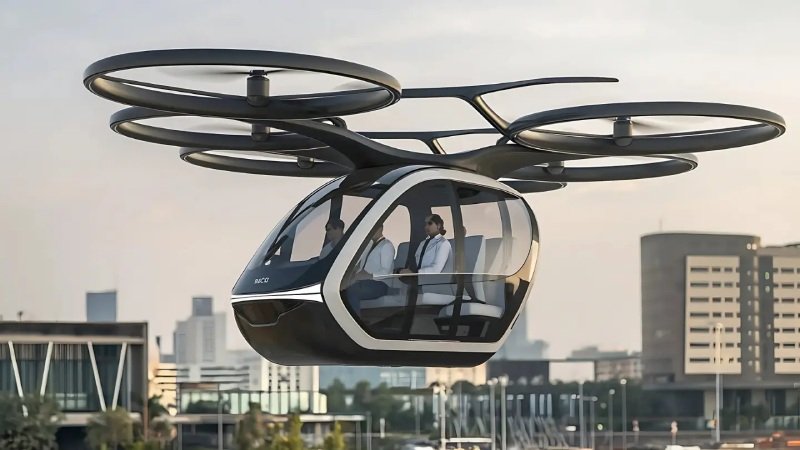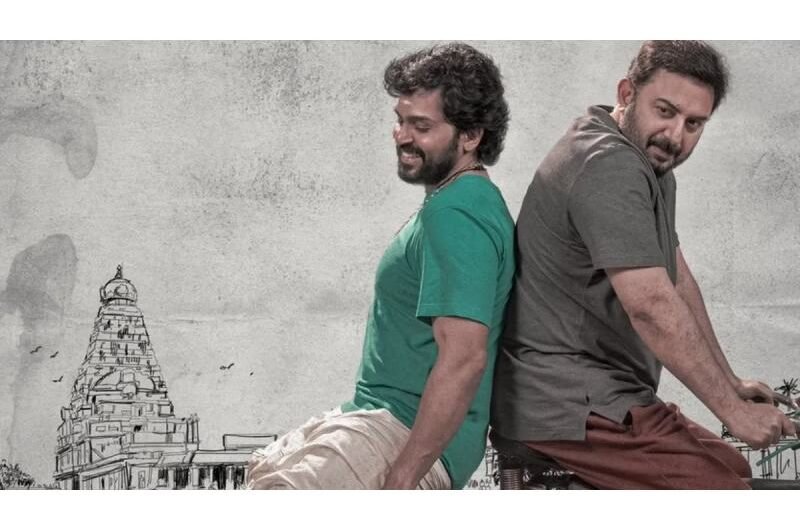Sarla Aviation, an electric air taxi startup named after India’s first woman pilot Sarla Thukral, launched a year ago with a focus on addressing the unique challenges of India’s crowded streets and urban commutes. Unlike typical flying taxi concepts, Sarla Aviation prioritizes payload capacity over range, offering a vehicle designed to carry six passengers and a pilot with a total weight of 680 kilograms (1,500 pounds). This design choice reduces its range to 160 kilometers (99 miles) per battery charge but aligns well with India’s shorter-distance travel needs, especially when offered at competitive pricing.
The startup’s innovative approach has garnered strong investor interest. On Tuesday, Sarla Aviation announced it had raised $10 million in a Series A1 funding round led by Accel, with participation from notable angel investors, including Flipkart’s Binny Bansal, Zerodha’s Nikhil Kamath, and Swiggy’s Sriharsha Majety. The company had previously secured $1.7 million in seed funding from Accel and other investors, including Tata Motors CTO Rajendra Petkar. The fresh funds will be used to establish an R&D center in Bengaluru, expand its 30-member team significantly, and create additional prototypes for data validation.
The startup, co-founded in January 2024 by Adrian Schmidt, Rakesh Gaonkar, and Shivam Chauhan, sees immense potential in India’s market for electric air taxis. Schmidt, a former executive at Lilium and automobile giants like Mercedes-Benz and Volkswagen, identified India’s geopolitical positioning and burgeoning urban mobility demands as key reasons for starting the venture in Bengaluru. Sarla Aviation’s first prototype, named Shunya, will be unveiled at an industry event in New Delhi on January 17, with testing scheduled for later this year and commercial operations planned for 2028.
Initially, the company aims to launch its air taxi service in Bengaluru, targeting airport transfers in one of the world’s most congested cities, before expanding to Mumbai, Delhi, and Pune. It also plans to operate a free air ambulance service alongside its commercial offerings. Ticket prices are expected to initially match high-end Uber or Ola cab fares but could eventually become as affordable as auto-rickshaw rides. Sarla Aviation relies on third-party suppliers for its prototypes but aims to achieve 80% indigenous production by its commercial launch. Competing with established players like Archer Aviation and ePlane, the startup is poised to carve its niche in India’s emerging air mobility landscape.
Topics #Accel #Automobile #Bengaluru #Flying Taxi #Germany #India #Manufacturing #news #Sarla Aviation #Startup #Taxi #Urban Mobility #Vehicle










